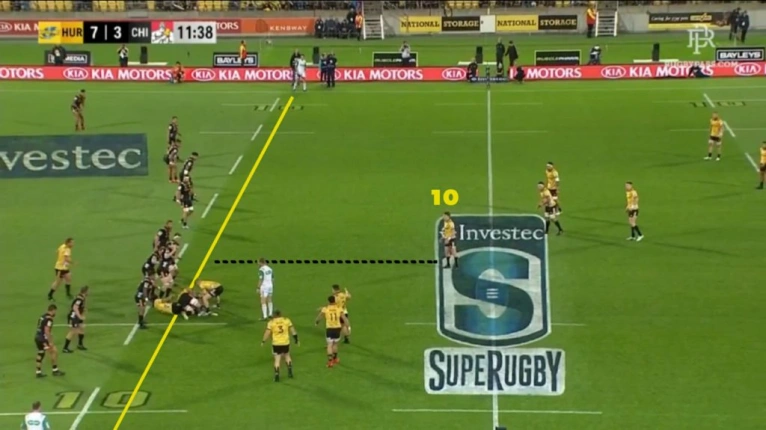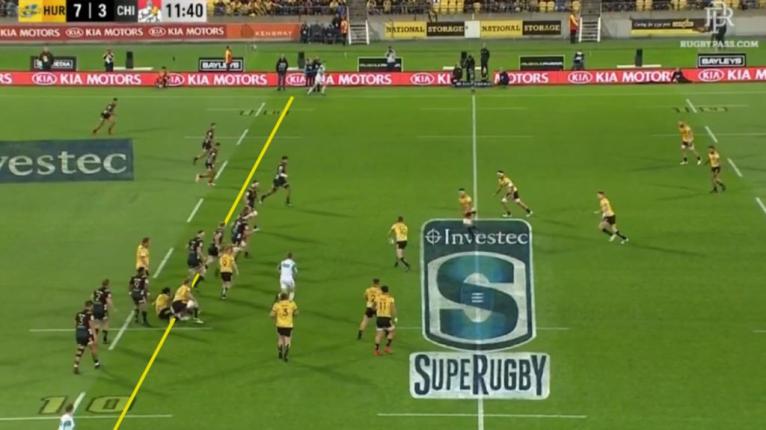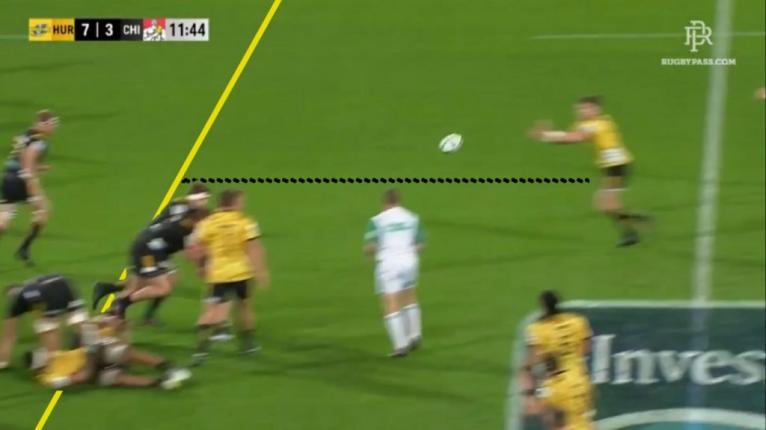The King has returned.
The Blues best ever first five has returned to his hometown franchise – the Levin-born playmaker will join the Hurricanes coaching staff as an assistant in 2019. There he will be in a position to work with and mentor the Hurricanes best ever 10, Beauden Barrett.
It is an intriguing partnership that can help Barrett’s game evolve and remain at a high level during his late twenties – he will be 27-years-old at the end of the month. It is inevitable that he will lose some of the speed that makes him the world’s most dangerous player over the next couple years.
The Hurricanes pivot hasn’t been playing at the superhuman level he reached during 2016 and 2017. His timing on the pass can be off at times. He’s running more but breaking the line, and tackles, less. His most valuable asset is still his innate ability to score against the run of play – he has a sixth sense for an opportunist try and seems to know where the ball will bounce. This special vision can change a game, even when things aren’t going to plan.
The mentorship of Carlos will hopefully round out Barrett’s game, to become more of a playmaker out of the hand with the pass, where he can manipulate defenders and put others away. If he can develop a supreme passing game while still at his peak physically, there’s will be no stopping him. If he can do it over the next few years, he could well be a force in Super Rugby well into his thirties.
Deep/flat
Barrett has become distribution-centric in the Hurricanes system, mapping phases across the field in methodical fashion. He has a set role within the 1-3-3-1 that usually involves providing a back door option for the first pod and then linking the second pod from first receiver.
His brilliance usually comes from counter attack and against the run of play, while simply facilitating ball movement during phases.


Often at first receiver he is so deep the team doesn’t make the gain line. There seems to be little care factor as to whether the midfield ruck makes a net loss. The Hurricanes rely more on the speed of the recycle to create space for the next phase. If they can generate a one-second ruck it allows Barrett to flatten up and ball play on the third phase with the rest of his backline
Although there is one reason for the deep set up – the kick-pass. This has become Barrett’s signature go-to for killing teams with exposed 15-metre channels. Being so deep keeps the kick-pass open at all times. Barrett can assess the line speed, hear the call or see the space wide and make the kick.

He may have one chance every three phases to play at the line, and that’s if they don’t release the backs on the swivel pass during the second phase or play any short sides switches off Perenara off the first. In all likelihood, it might be one in eight phases under the current gameplan where he has an opportunity to attack the line.
This can be expanded with small tweaks – using the swivel on the first phase more, becoming more diverse at first receiver allowing Barrett to pop up elsewhere or attaching a blind winger to Barrett’s hip at first receiver on the second phase.
There are times where it seems he just has to facilitate, giving him a range of options allows for more playmaking. With Carlos’s tutorship on some of the finer details of deceptive trickery and an increase of in the number of situations Beauden can deploy them, we could see him open up teams more from phase play.
Set Piece
However, the current role Barrett has during phase play works – he is able to facilitate the distribution of the ball and get it in the hands of the power backs like Laumape and Aso early. The number one area of the game set for playmaking growth in Barrett’s game is the set piece.
Currently playmaking duties from the set piece are shared with TJ Perenara, who offers another option for the Hurricanes. A number of the play designs often involved the halfback making the read on the run, with Barrett sweeping out the back. Along with TJ, Laumape also receives a high number of carries from the scrum to utilise his bulldozing power.
On the few times the play allows for Barrett to attack the line and have option runners, there hasn’t been much success. Often these plays result in a negative one – the ball on the ground or turnovers. This is a significant area of the game that Carlos will be able to provide help, not just Barrett but the whole Hurricanes backline. They have not been efficient at manipulating the defence to create gaps for their runners on strike plays.
Barrett’s playmaking is set to improve under Spencer’s guidance, and with his running game due to decline over the next few seasons, the addition could prove a masterstroke.
In other news:















































































